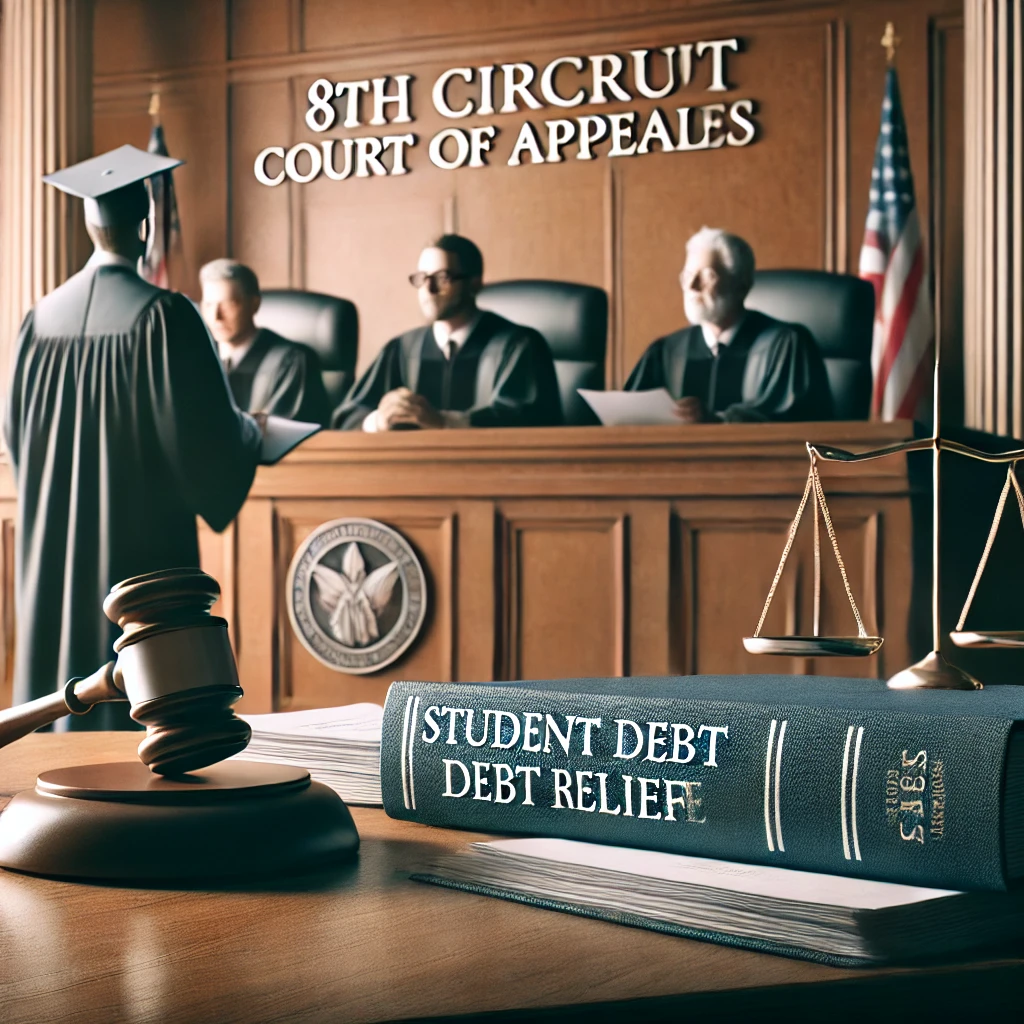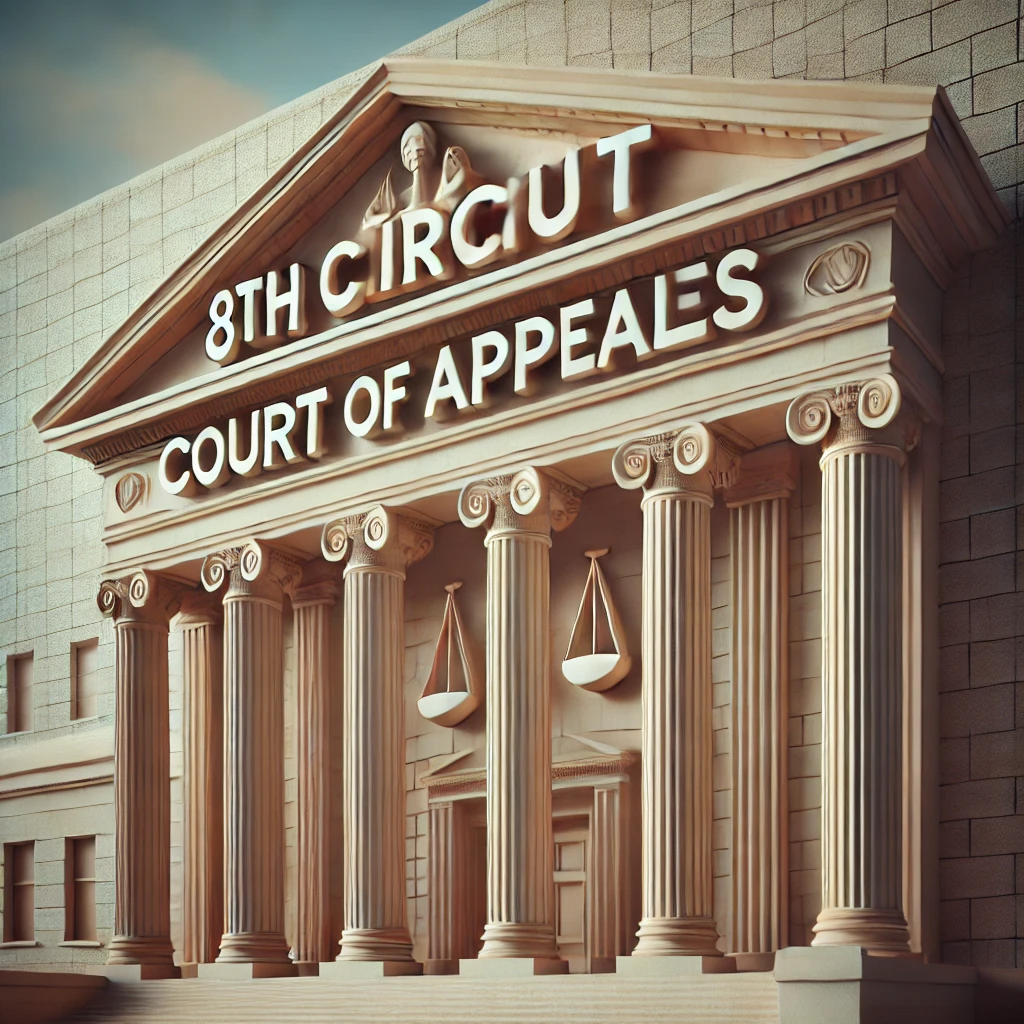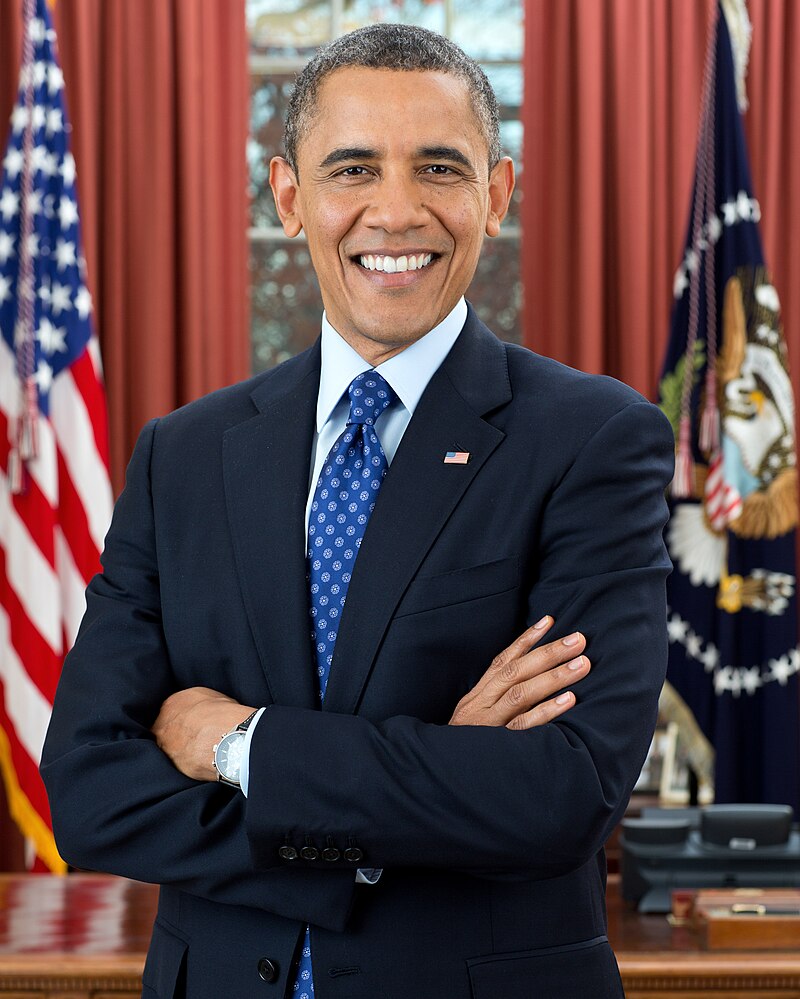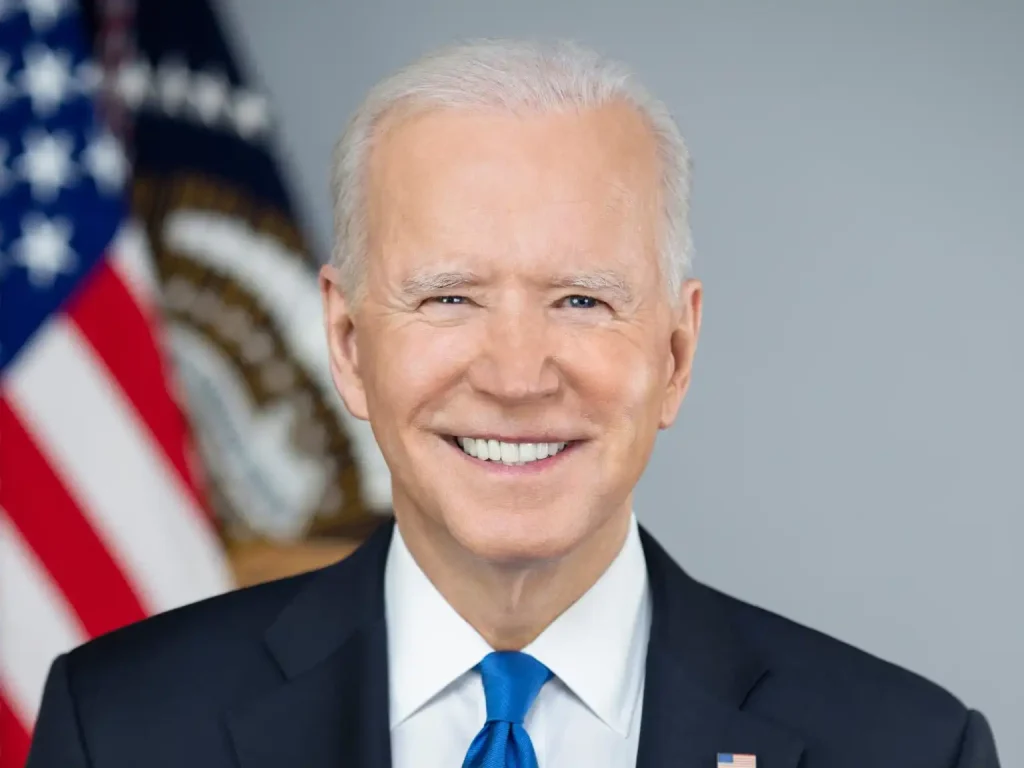Millions of student-loan borrowers have been dealt another blow as the 8th Circuit Court of Appeals officially blocked the new student loan repayment plan, known as SAVE (Saving on a Valuable Education). The plan, designed to lower monthly payments and expedite debt relief for 8 million borrowers, now faces an uncertain future due to a preliminary injunction issued by the court.

This ruling marks the continuation of a legal battle that began in July when the same court issued a temporary stay, halting the implementation of the SAVE plan. The latest decision not only replaces that temporary stay but also indicates that borrowers enrolled in the plan may be left in limbo for an extended period as the legal process plays out.

The 8th Circuit’s decision stems from a lawsuit led by Missouri’s attorney general, who, along with other Republican state attorneys general, has been aggressively challenging the SAVE plan. The court’s ruling emphasized that borrowers currently impacted by the administrative stay are not required to make payments or accrue interest on their loans. However, the uncertainty surrounding the plan’s future has left many borrowers anxious about their financial stability.

The composition of the 8th Circuit Court of Appeals, which played a crucial role in this decision, is predominantly composed of judges appointed by Republican presidents. The court consists of 11 active judges, six of whom were appointed by President George W. Bush, three by President Donald Trump, and one by President George H.W. Bush.

The Chief Judge of the 8th Circuit, Steven Colloton, was appointed by President George W. Bush in 2003 and took over as Chief Judge in 2024. His leadership in the court is significant as the court continues to handle high-profile cases, including those related to student debt relief.

Among the other judges, Raymond Gruender and Duane Benton, both appointed by George W. Bush, have been serving on the court since 2004, making them two of the longest-serving active judges on the court. Bobby Shepherd, another Bush appointee, has been on the court since 2006.

The three judges appointed by Donald Trump—Ralph R. Erickson, L. Steven Grasz, and Jonathan A. Kobes—have also played key roles in recent decisions that align with conservative legal interpretations.

Only one judge, Jane L. Kelly, was appointed by a Democratic president, Barack Obama.

The court’s ruling against the SAVE plan reflects the broader legal and ideological battles over student debt relief, with Republican-appointed judges often taking a stricter stance against executive actions aimed at providing such relief. The decision to block the plan underscores the significant impact that the makeup of the judiciary can have on public policy, particularly in areas that directly affect millions of Americans.

As the legal challenges continue, borrowers are left with uncertainty and financial stress. The Education Department has placed all enrolled borrowers in administrative forbearance, meaning they are not required to make payments, and interest will not accrue. However, this forbearance period does not count toward forgiveness progress for those on Public Service Loan Forgiveness or income-driven repayment plans, leaving borrowers to navigate an increasingly complex and confusing landscape.

While the Biden administration has vowed to continue fighting for student debt relief, the 8th Circuit’s ruling highlights the formidable opposition it faces in the courts. With a bench dominated by Republican-appointed judges, the likelihood of securing a favorable outcome for borrowers remains uncertain. This case is a stark reminder of the long-lasting influence of judicial appointments and the significant role that federal courts play in shaping the lives of everyday Americans. As the SAVE plan remains in legal limbo, millions of borrowers are left waiting for a resolution that may be slow to arrive, if it comes at all.





